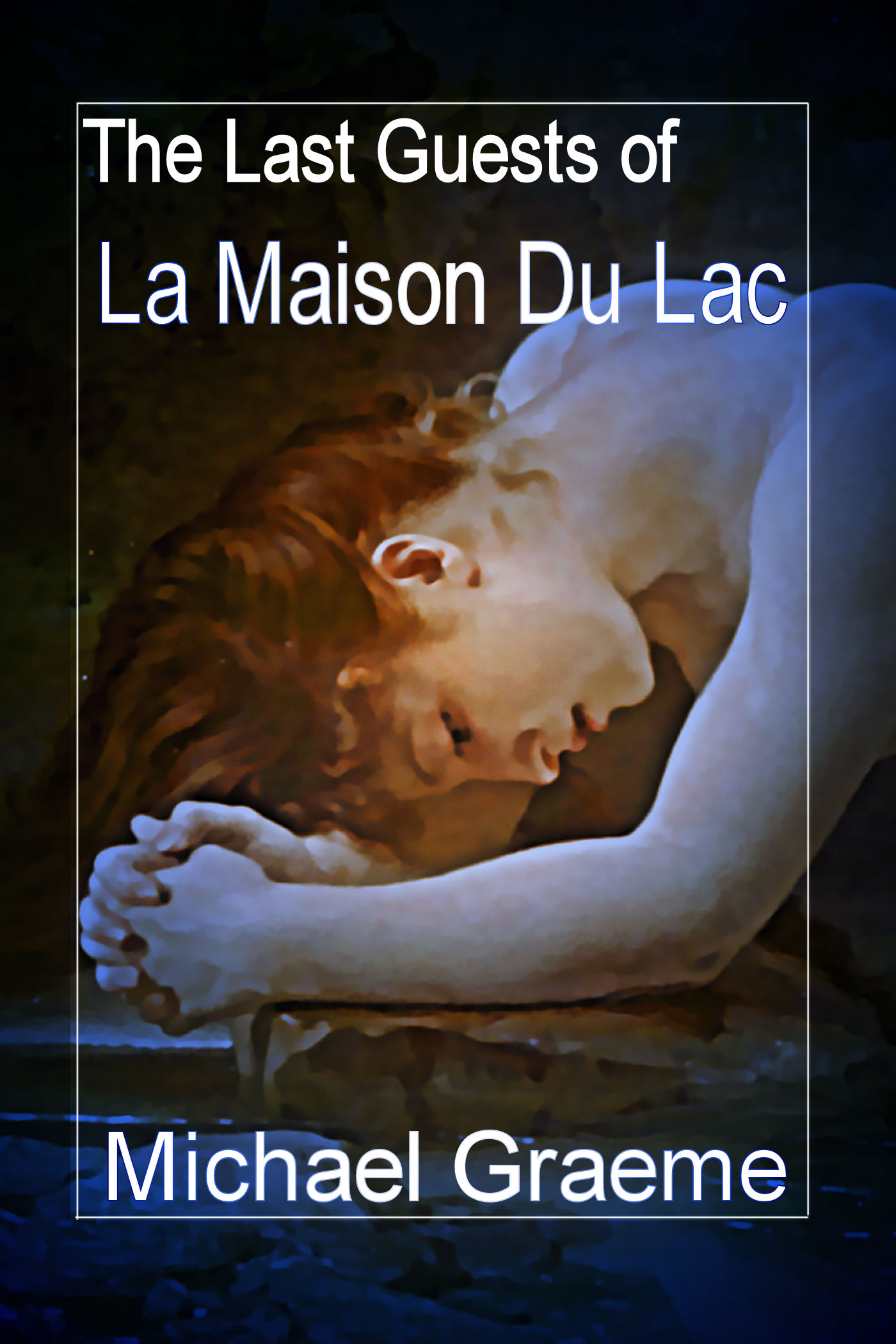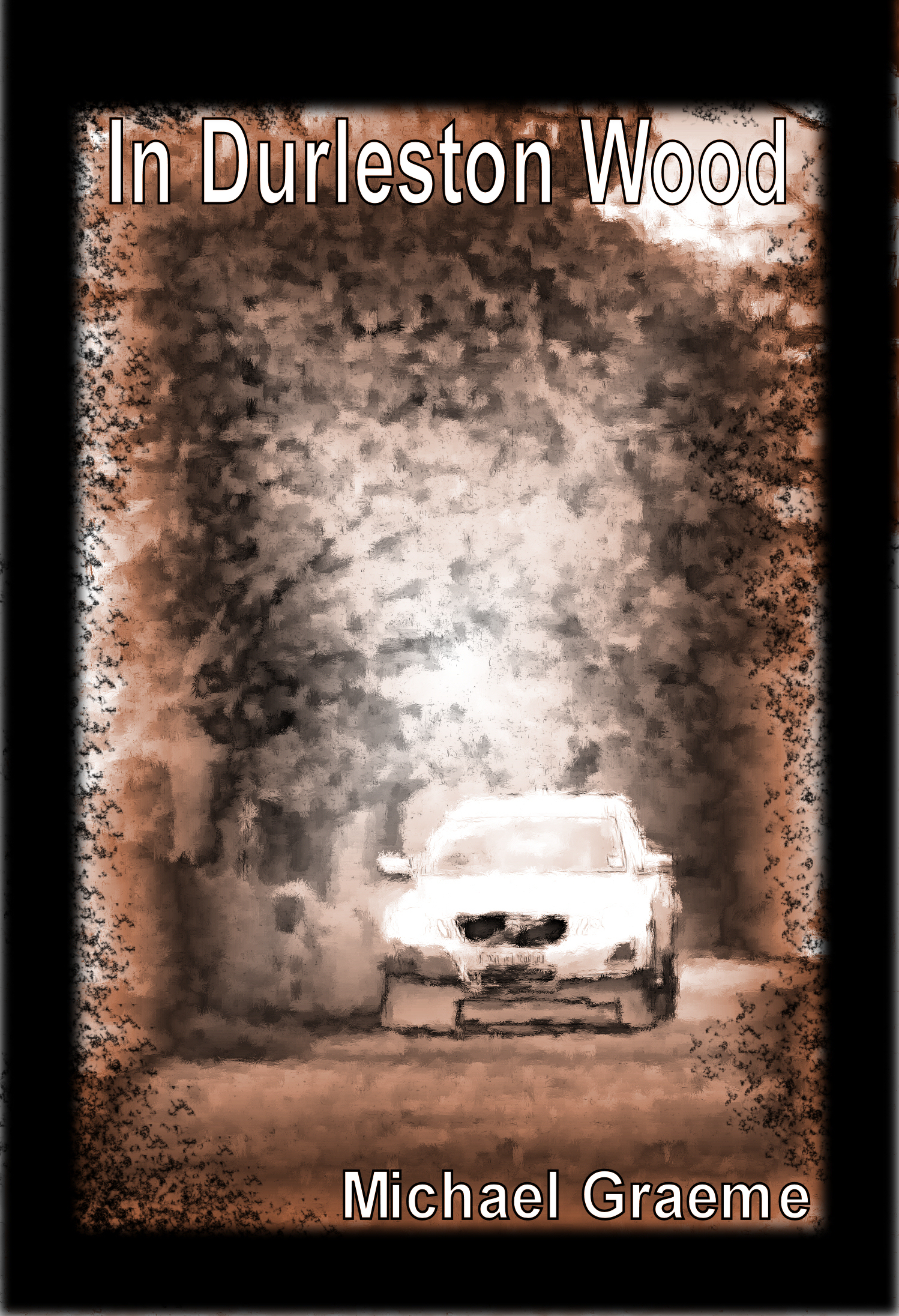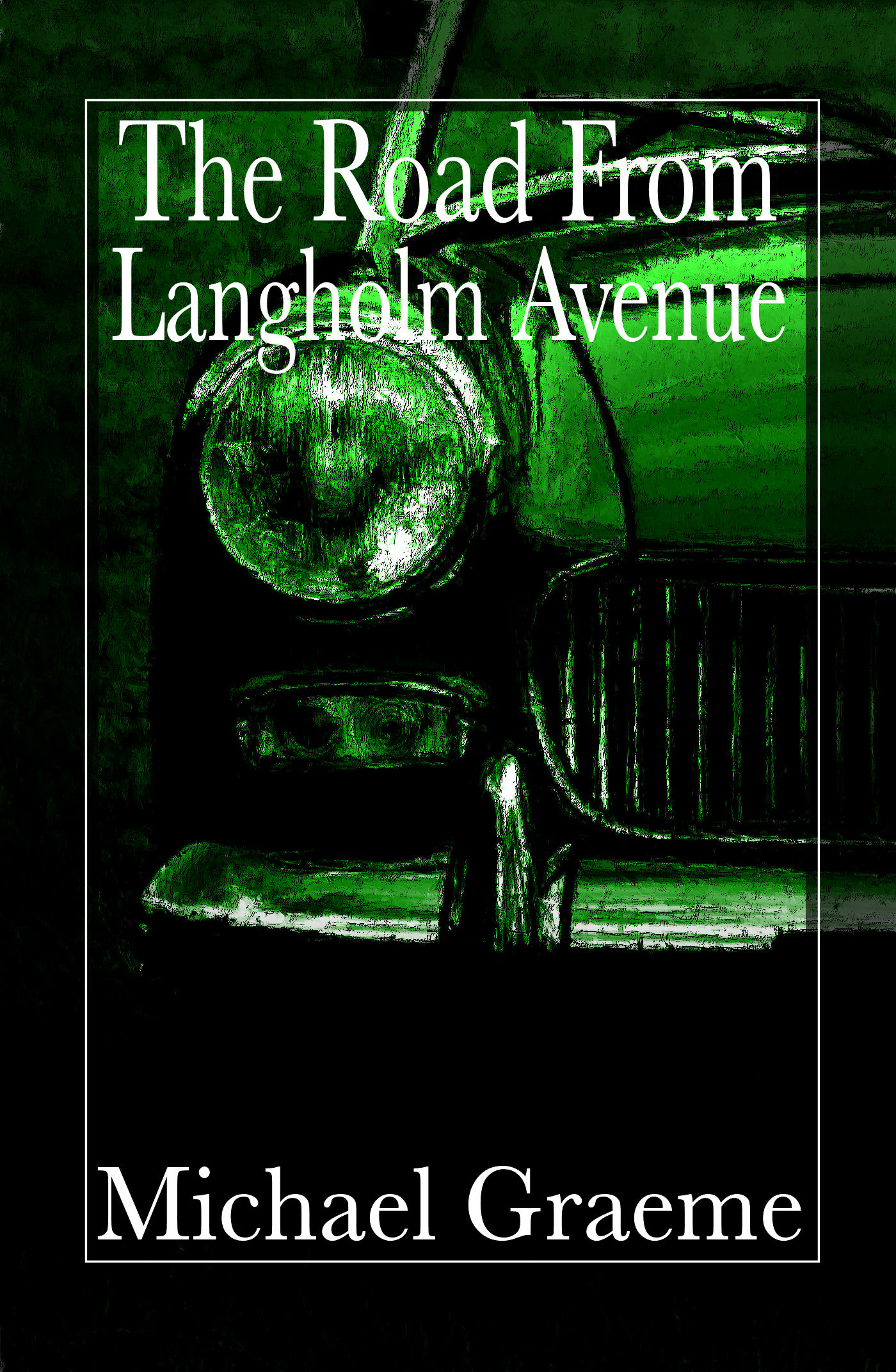 The mountain tarns of the Lake District are as worthy an objective for a day’s hike as the mountaintops, particularly as we age and begin to linger longer in appreciation of their character. Once a curiosity glimpsed in passing en route for a lofty summit cairn, I now collect them in the same way I once bagged peaks. A mountain tarn is indeed a special place, bringing something of the sky down to the earth, mirroring the mood of both the day and the man.
The mountain tarns of the Lake District are as worthy an objective for a day’s hike as the mountaintops, particularly as we age and begin to linger longer in appreciation of their character. Once a curiosity glimpsed in passing en route for a lofty summit cairn, I now collect them in the same way I once bagged peaks. A mountain tarn is indeed a special place, bringing something of the sky down to the earth, mirroring the mood of both the day and the man.
Alcock tarn sits on a shelf above Butter Crags. Beyond it rises the massive grassy flank of Heron Pike, one of several summits on the Fairfield Horseshoe route. Look east from Grasmere and the tarn lies hidden, about half way up that wall of green, just above the highest reach of the pernicious bracken. On paper, it makes for a decent half-day’s walk, though somewhat steep, but all walks yield more on the ground than their paper promises, and so it is with Alcock tarn. At just over 1100 feet, it’s a modest enough climb, but I wouldn’t underestimate it.
My guide to the tarns of Lakeland is the water-colourist, William Heaton Cooper. He describes it as a modest and pleasant sheet of water, a mirror of the distant sky, as one looks southward towards the lowlands, Windermere and the sea. An experienced mountaineer, and native of Cumberland, Heaton Cooper would use this walk as an introduction to the fells for anyone new to him and whose “mountain form” was unknown.
I’m not sure what he would have made of me. My mountain form is best described as sluggish these days. Though I’m up a hill most weeks now, the ascent from the foot of Greenhead Ghyll was a “several stopper”, sometimes hands on knees, sometimes in full rest mode on sit mat and with binoculars drawn. My consolation lay in the knowledge that the fellsides here are uncommonly steep, and an ascent is always harder when walking alone.
The weather in the valleys was gloomy-hot, cloud base scraping 1500′, truncating the tops and trapping the heat to make a very steamy day. Humidity was 85%, so it was a very sweaty climb. A sleepy clag hugged the fellsides, ghost-horses drifting down. A light rain had me pulling on my new walking jacket, but its breathability soon proved to be disappointing; before I’d climbed a hundred feet I was wet from the inside out. And hot. Even the rain that day was warm.
The fells were silent, just the sound of my own breath on the ascent. I was thinking of my uncle as I climbed, a veteran of Dunkirk. Following the evacuation he spent the years up to 1945 training in the mountains around Fort William, with the Highland Light Infantry. By the time he embarked for Normandy, he told me he and his mates were like stags. Their mountain form must have been akin to superhuman, and a thing to be envied, though not of course the task that lay ahead of them.
I paused to rest below Butter Crags, once I’d cleared the thickest of the bracken. Bracken is a notorious habitat for sheep ticks, carriers of Lyme disease, and I’ve read they’re on the rise in the Lakes, but have yet to encounter any myself. The only problem I have with it is there’s nothing like pushing your way through its wet ferny fronds for soaking you to the skin. It also stinks at this time of year.
From there, the vale of Grasmere glowed without sun, something luminous in the mown meadows, far below, and which warmed an otherwise sleepy grey. I could see DunmaiI Raise, the steep climb of the ever busy A591 carrying tourists over the pass, on to Thirlmere and beyond. Dunmail was the last true native Celtic King. He met his end in a battle with the Saxons and the Scots in 945. Routed, his surviving clansmen rescued his crown and fled with it up the nick of Raise Beck and on to Grisedale tarn, where they hurled it beneath the dark waters for safe keeping.
King Dunmail rests in the huge pile of stones at the summit that bears his name, and by which there now flash thousands of careless cars every day. But once a year, the spirits of his clansmen return with the crown and bang on the cairn, wakening their sleeping King, and urging him to take up the crown once more. Each time he tells them the time has not yet come. Other more prosaic accounts have him dying on a pilgrimage in 975. I prefer the former myth which has something archetypal about it, like an Arthurian legend. But then the Celts were always better story tellers than the Saxons.
I remember the climb to Grisedale tarn up Raise Beck. I did it in 1993, on a wild day in the company of friends. We went on to climb Helvellyn. The mountain was dark and angry, snow spiralling in a finger numbing, aggressive wind, and there was a feeling as we climbed, of coming to the world’s end. It was a Saturday afternoon, March 20th, the day the IRA bombed Warrington. I heard of it on the car radio, on the drive home. They had left two devices in rubbish bins on Bridge Street, a crowded shopping centre. The first device drove panicking survivors into the path of the second device. Fifty four were injured, two young boys killed. There were lots of bombings on the mainland throughout the course of the troubles, but that one was closest to home for me, and will be for ever associated with that climb up Raise Beck and onto an angry mountain.
It was an evil day.
The tragic overtones of Grizedale Tarn are carried on in the story of the Brother’s Parting Stone. It was here in 1800 William Wordsworth last said farewell to his brother, John. John was leaving Cumberland to take up command of a British East Indiaman, the Earl of Abergavenny, into which he had sunk his fortune. The vessel was lost off Portland Bill, and John drowned. Some say the event marked a steady decline in Wordsworth’s poetry.
But anyway, on to Alcock tarn!
It comes upon one suddenly, a pleasant sheet of water, as Heaton Cooper says, reedy at its northern end, and a mirror for a steely sky. Looking south along its length it forms an infinity pool, the great sliver ribbon of Windermere and the southern Lakes beyond. I’d seen not a soul all morning, but here I came upon pair already settled in with sketchbooks and watercolours. The mountains held their breath, the only sound was a lone duck dabbling in mud among the reeds at my feet. I fired off a rare haiku tweet to that effect but it felt cheap and shallow compared to the deeply patient deliberations of these two artists. All is not lost, I was thinking, that there are those still willing and able to take the time for al-fresco water-colouring.
I gave them space, waved to let them know I was harmless, then settled down to ponder over my notebook and a poem for which the muse had delivered the first two lines complete the night before, and left me to fill in the blanks. But the words would not come, and the silence was eventually broken by a party of talkers which put an end to my deliberations. They sat down not five yards from me, a flock of gassy old birds, treating me to a voluble warts and all expose of their various intimate lives and which sent the lone duck off in search of quieter waters. They had not seen me. My walking gear has morphed from fashionable fluorescence to unobtrusive greens over the years. With my hood pulled up, monk-like and sitting still in a little clutch of crags, I had apparently vanished, blurred out of the misty, muggy world, so that when I later rose to pack my things away, I gave one old bird a satisfying fright.
Sorry, dear, but I was there first.
Perfect as a circular walk, the route continues south, becoming quite airy on the descent, then fast losing itself in the densely forested glades above Town End, and the broad, well made tracks that lead you unerringly home. A couple of quiet hours up, then an hour down brings you back to the bustle of the many-peopled Wordswortharium.
I took coffee in the garden-centre cafe, and pondered the old Celtic legends. King Dunmail has been a long time dead now, and I wondered at the meaning of his clansmen keeping faith with him year on year. I wondered too what counsel he might offer in addition to his persistent procrastination as regards his throne. For me, I realised, while taking that break on the climb to Alcock tarn, he had pointed out the long lay-by beside the 591.
“Next time you come here, lad,” he said, “Get up a bit earlier. Park your car there in future, for free! And stop moaning about Broadgate Meadow!”
I shall.
It seems I have friends in high places!



















